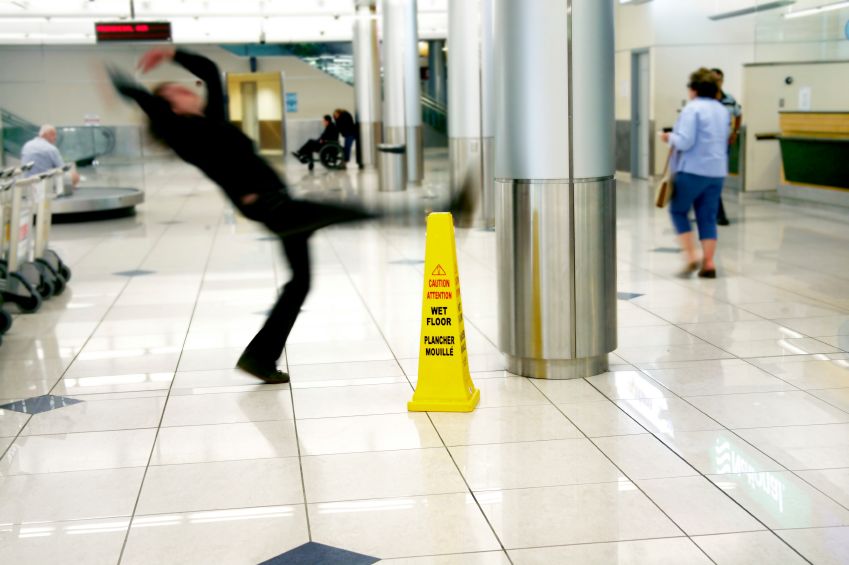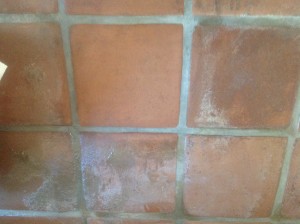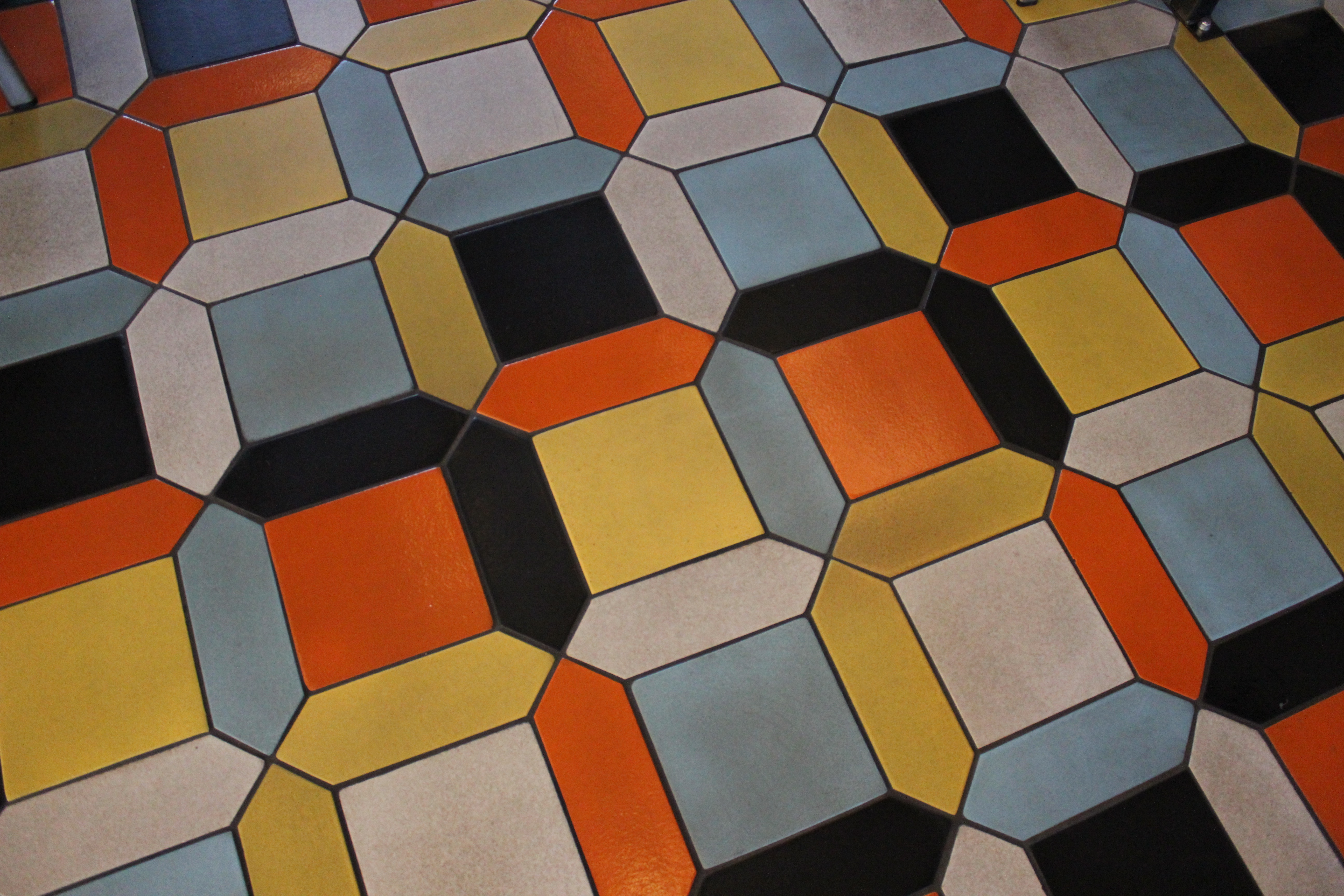
Will my ARTO tile be slippery?
On June 30, 2017 by ARTOMost ARTO tiles meet TCNA (Tile Council of North America) requirements for use in exterior or wet areas. All concrete tiles and pavers have been tested and meet the 0.42 value for dynamic coefficient of friction (DCOF) which is the most current and robust standard for slip resistance. Many other manufacturers still use the outdated

Why does my ARTO concrete tile have white powder on it ?
On June 30, 2017 by ARTOUnless you are partying at Charlie Sheen’s or Tony Montana’s house the white powder is almost certainly efflorescence. It may sound serious but efflorescence is just a fancy word for salts that migrate to the surface. It is a normal phenomenon that can be seen in clay brick, concrete, mortar, grout, and in all types

How much color variation can I expect with ARTO tiles?
On June 28, 2017 by Reza TabarrokARTO colors will always have some variation due to our handcrafted production process and use of natural materials. The amount of variation will vary depending on tile type. Concrete tiles will typically have more variation than ceramic tiles. Within concrete tiles our flashed colors or tiles with optional surface textures will have still more variation.

What is the difference between Cement & Concrete Tile ?
On June 28, 2017 by Reza TabarrokARTO concrete tiles are integrally colored using advanced liquid pigments. This means the color is present throughout the tile body rather than pressed on top of a grey concrete base. The concrete tile manufacturing process also also for a wider variety of unique textures that can resemble brick, terra cotta, and many other surfaces. 4×8

Will Concrete Tile Fade?
On June 28, 2017 by Reza TabarrokThe iron oxide pigments used in our concrete tile will not fade but the concrete itself can appear faded due to efflorescence, hard water, and other deposits. These can be cleaned but proper sealing at the time of installation will protect against staining and make cleaning much easier. But as they say the proof is
